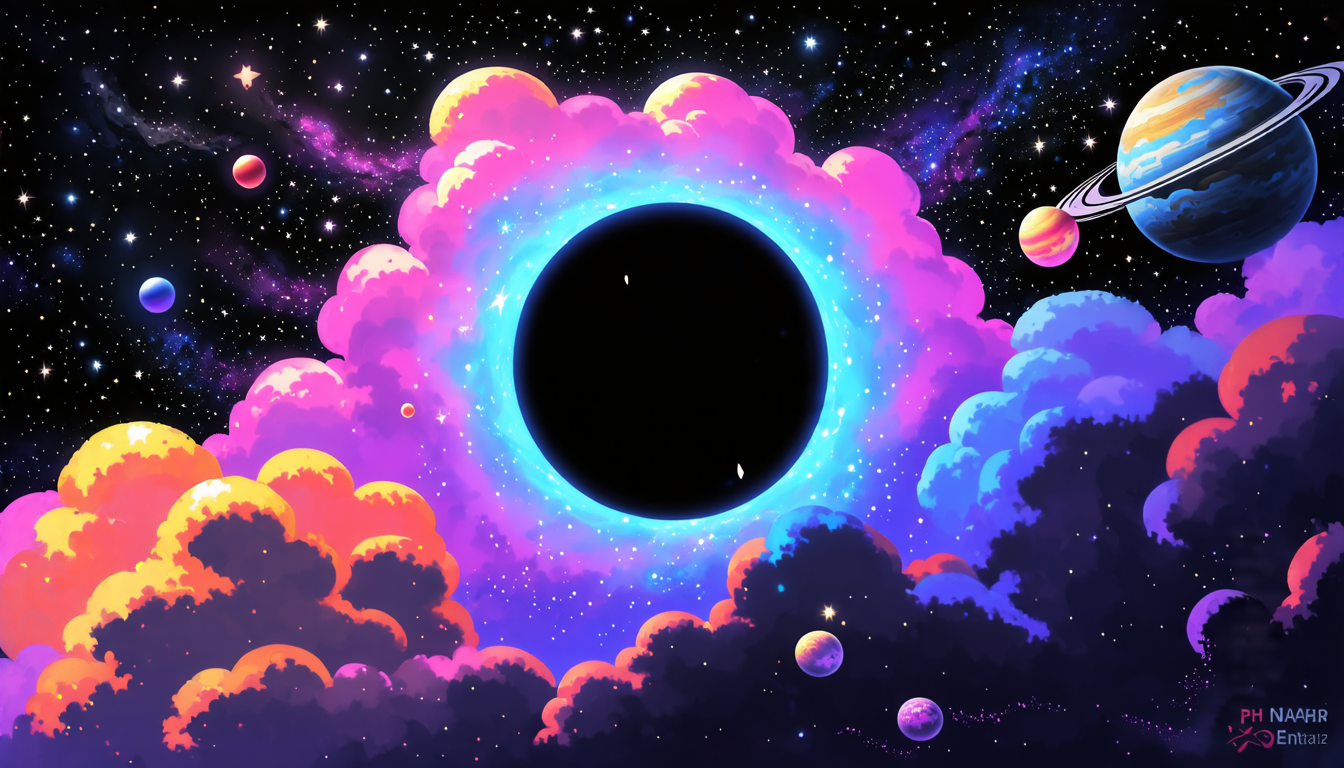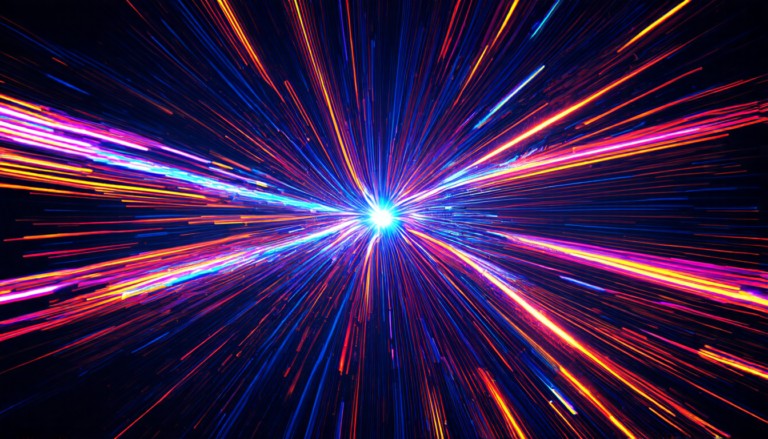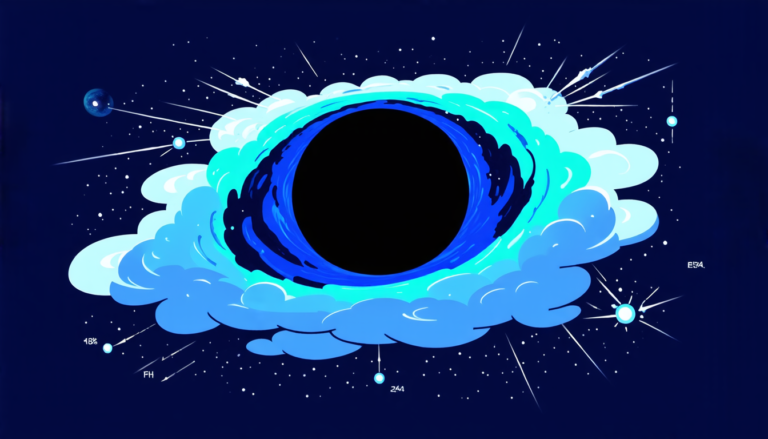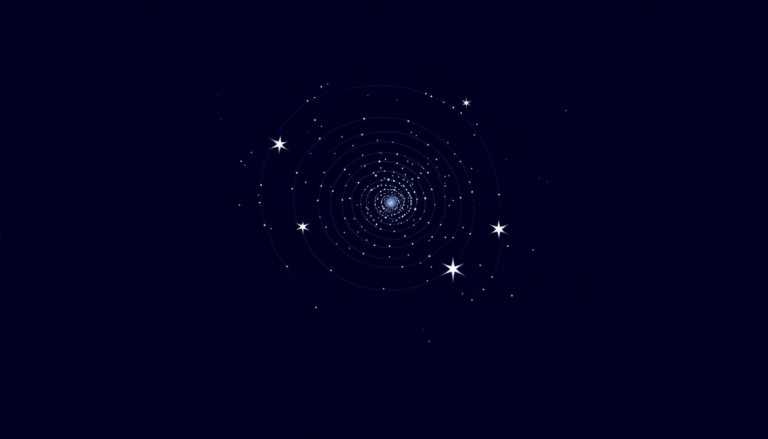Thursday 24 July 2025
A team of scientists has been studying the way that a primordial black hole can heat up a molecular cloud, which is a region of space filled with gas and dust. This type of phenomenon could have played a crucial role in the formation of stars and planets.
Primordial black holes are thought to have formed in the early universe when it was still very hot and dense. They are much smaller than the supermassive black holes that live at the centers of galaxies, but they are still incredibly dense objects with an enormous gravitational pull.
The scientists used computer simulations to study how a primordial black hole would interact with a molecular cloud. They found that the cloud would be heated up by the radiation emitted by the black hole, which could lead to the formation of new stars and planets.
The team also studied the spectrum of dust particles in the cloud, which is a measure of how much energy they absorb and emit at different wavelengths. They found that the presence of the primordial black hole would affect the way that these particles interact with radiation, leading to changes in their temperature and composition.
These findings could have important implications for our understanding of the formation of stars and planets. Primordial black holes may have played a key role in the early universe, helping to heat up molecular clouds and trigger the formation of new stars and planets.
The study also highlights the importance of considering the effects of primordial black holes on the early universe. These objects are thought to have been abundant in the very early universe, but they have largely disappeared since then. However, their presence could still be felt today, influencing the way that galaxies and stars form and evolve.
In the past, scientists had suggested that primordial black holes might play a role in the formation of stars and planets, but this study provides strong evidence to support this idea. The findings also highlight the importance of considering the effects of these objects on the early universe, which could have far-reaching implications for our understanding of the cosmos.
The team’s research has shed new light on the mysteries of the early universe, and could help scientists better understand how stars and planets formed in the first place. It is a fascinating area of study that continues to captivate scientists and the public alike, offering a glimpse into the distant past and the secrets it holds.
Cite this article: “Primordial Black Holes: Catalysts for Star and Planet Formation”, The Science Archive, 2025.
Primordial Black Holes, Molecular Clouds, Star Formation, Planetary Formation, Early Universe, Radiation, Dust Particles, Spectroscopy, Cosmology, Astrophysics
Reference: A. N. Melikhov, E. V. Mikheeva, “Heating of a Molecular Cloud by a Primordial Black Hole” (2025).







